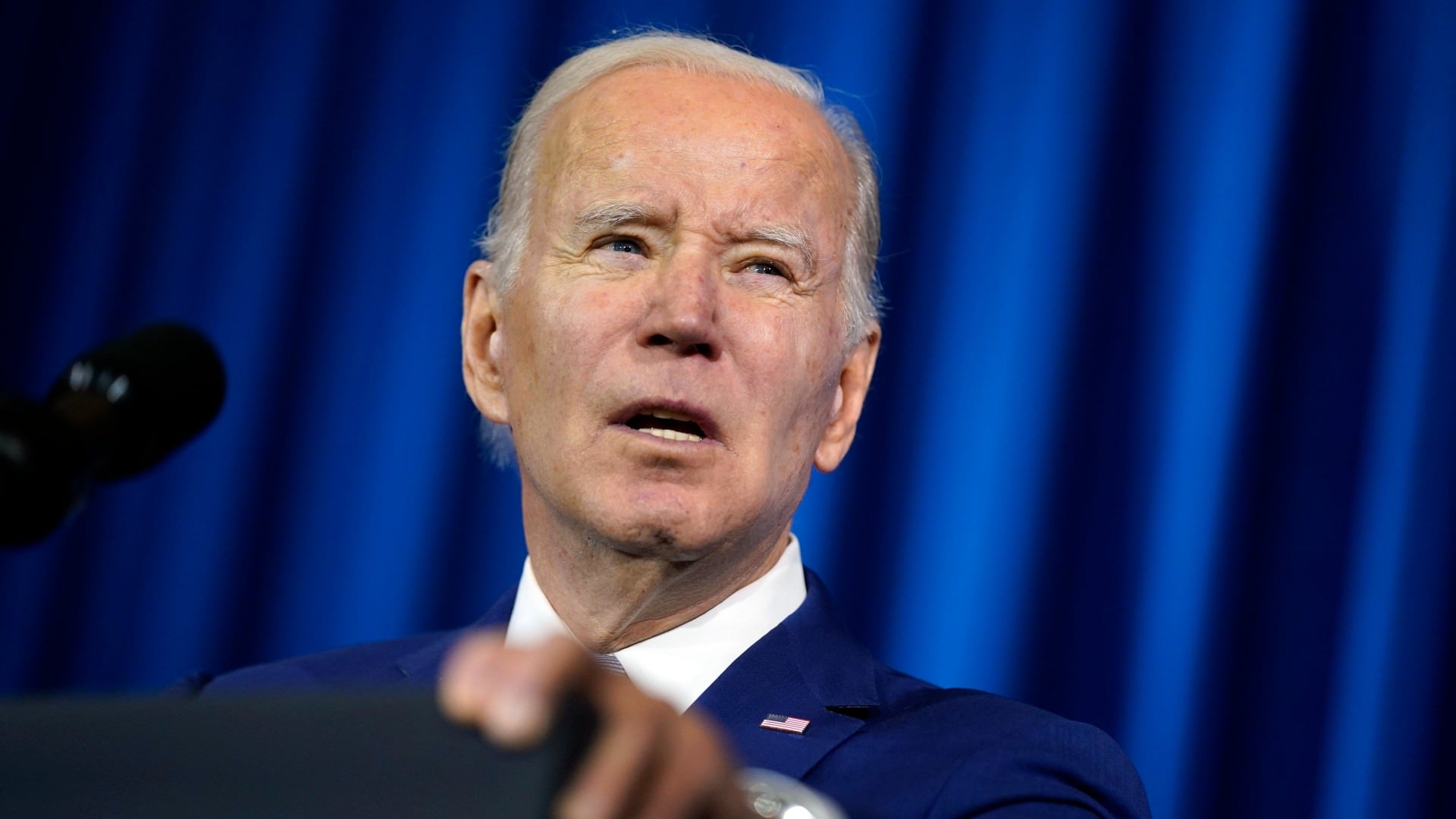President Joe Biden is calling for more transparency in the effort to find the origins of COVID-19.
Earlier this month the House of Representatives approved the COVID-19 Origins Act in a 419-0 vote. It was signed by Biden on Monday.
"I shared the Congress' goal of releasing as much information as possible about the origin of Coronavirus Disease 2019," he put out in a statement. "My administration will continue to review all classified information relating to COVID-19's origins, including potential links to the Wuhan Institute of Virology."
Last month, a report from the Energy Department on the origins of the virus added to the split on findings between multiple agencies. It posited, with low confidence, that the outbreak likely originated from a lab in China. The Wall Street Journal was first to report.
China disagreed with the report, and the country's foreign ministry spokesperson Mao Ning said, "Certain parties should stop rehashing the 'lab leak' narrative, stop smearing China, and stop politicizing origins-tracing."
The UN, which had been coordinating a global health response to the pandemic and implementing policies to mitigate the spread of COVID-19 and future viruses, said that its own investigation was ongoing.
And in the U.S. the FBI had for some time speculated that the outbreak started in a Wuhan lab, while the CIA had not reached a conclusion on the matter.
"We need to get to the bottom of COVID-19's origins to help ensure we can better prevent future pandemics," Biden added in his statement.









